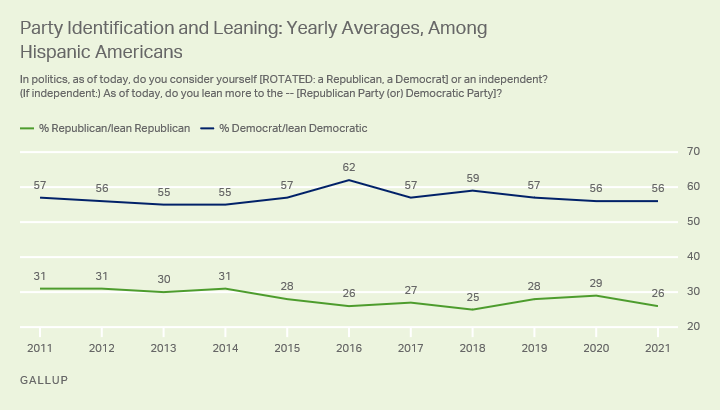I saw this Richard Hanania article going viral, Diversity Really is Our Strength. He writes:
Immigrants change urban areas more than they change the country as a whole. Even setting aside the problems with black urban areas, the two whitest major cities in the country are Portland and Seattle, not exactly conservative paradises. If you care about making cities in this country livable, replacing natives with Asian and Hispanic newcomers doesn’t seem like a bad thing. Of course, problem populations may go elsewhere, but there are major costs associated with concentrating people prone to violence all together in dense areas, in addition to the interactive effects of pro-crime white liberals and urban blacks with high crime rates living side-by-side.
and
All of this accepts the premise that having more low IQ people is automatically bad for natives. Unless they’re committing a lot of crime or bringing economic leftism, however, that’s usually not true. The Hispanic crime rate doesn’t seem to be high at all once you adjust for age, and this essay argues against the idea that one can be sure about what the political impacts of immigration on the country will be. I think that the IQ and income data suffers from the basic problem that people see an average change and focus too much on that, instead of whether people are actually better or worse off.
He’s trying to draw a causation where possibly none exists. Hispanics having a lower crime rate than blacks does not mean that having more Hispanics attenuates black crime. Nor does Hispanics committing crime at a lower rate than blacks, justifies or necessitates having more Hispanic immigration. Nor does introducing Hispanics into a neighborhood causally reduces crime (it could just be that as a neighborhood becomes wealthier, such as Palo Alto during the late ’90s, that crime falls). The argument “immigrants are better than blacks” or that immigration will not make America more liberal, it does not logically follow that more immigration is good.
Restrictionists used to sell something called the “Sailer strategy,” which argued that Republicans could ignore minorities and run up the score with whites. Recent years haven’t been kind to this view, as whites have shifted Democrat over the last few election cycles,
I am not buying it. There is no evidence of a shift towards the right by Hispanics, or that Hispanics hold hope for the GOP. This alleged ‘great Republican minority surge’ seems like wishful thinking or imagined:

If anything, the gap has actually widened, from 25-percent in 2011 to 30-percent today. Even if whites are moving to the left, this tracks other groups; in other words, the whole country is moving left.
Continuing:
IQ gains as they assimilate, which seems unlikely. Of course, this calculation would be different if you’re Japan and thinking about opening your borders to sub-Saharan Africa, but in America current immigration policies mean you’re basically treading water on average IQ, with the added benefit of improving your smart fraction, which may be more important than the average.
I agree. The ‘smart faction’ is where the growth comes from despite America being a low-IQ country, and is why otherwise poor states such as Missouri rank high in per-capita GDP relative to the rest of the world. Free market capitalism and property rights are not enough–they are necessary but not sufficient. A smart faction is also needed, with high-IQ industry to concentrate wealth more effectively than average-IQ industries. The key or operative word here is ‘concentration’, which is per-capita, and is why India despite being a much bigger country with more GDP has much lower per-capita GDP compared to Switzerland.
From the ’70s onward, many countries embraced the neoliberal mixed economic model, but most countries have stagnated as of late, such as Turkey, compared to the US, which keeps pulling ahead of the rest of the world (such as the Nasdaq 100, which is the best-performing stock index worldwide). Accreting the smartest people from all over the world, who create hundred-billion-dollar tech companies, has a spillover effect of wealth nationally, both in terms of absolute/total GDP and per-capita GDP.